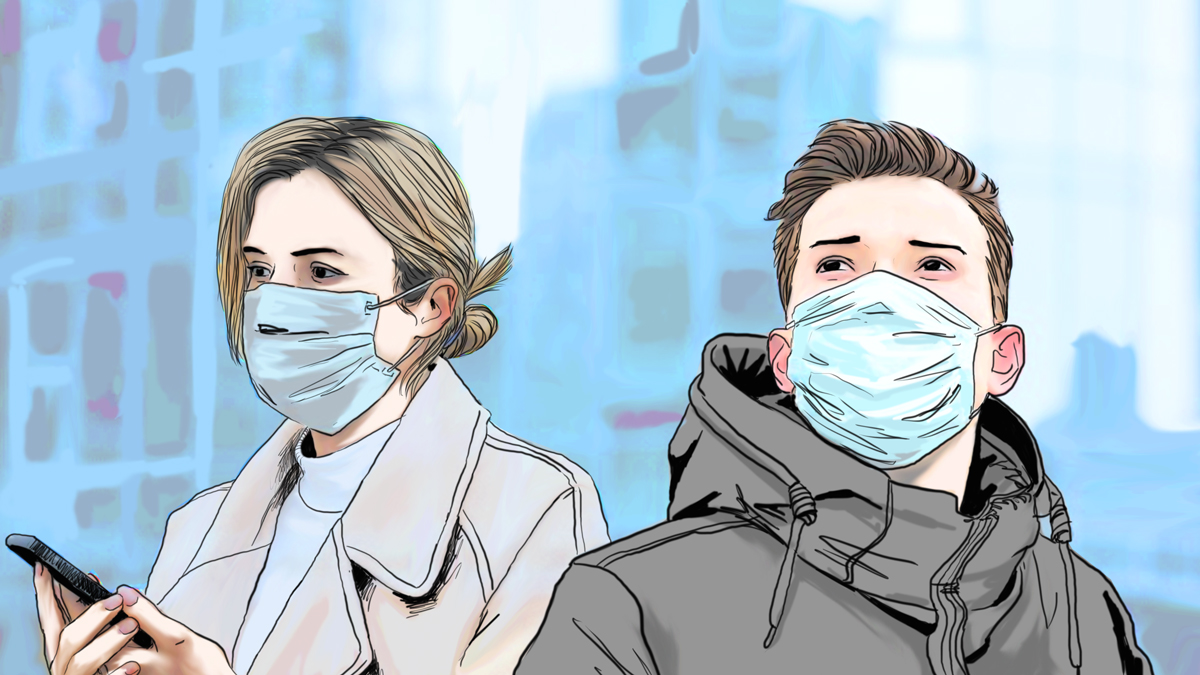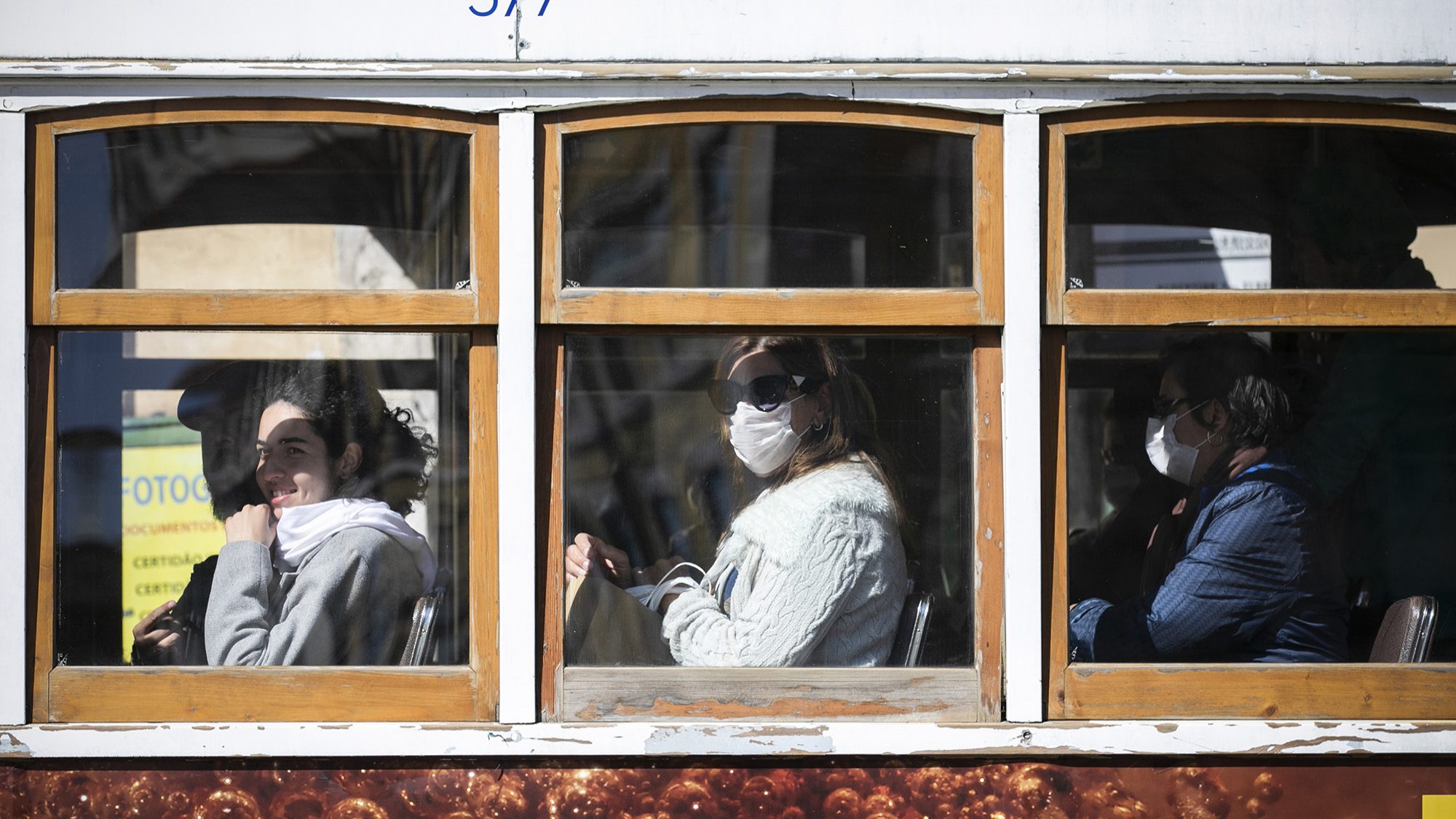Prime Minister introduces measures of the State of Emergency
The Government has just approved the measures to implement the state of emergency in Portugal for a period of at least 15 days.
The Government has just approved in the Council of Ministers a set of measures to implement the State of Emergency in Portugal for at least 15 days.
Gathered at the Palácio da Ajuda, the Executive assumes the extended powers conferred on it by the decree of the President of the Republic, approved in Parliament this Wednesday, in order to contain the coronavirus pandemic in the country. The Prime Minister, António Costa, told at a press conference after the meeting that “the concern is to ensure maximum containment and minimum disruption”.
The presidential decree for a State of Emergency suspends several citizens’ rights, freedoms and guarantees, including the right to resistance.
The new measures force patients with Covid-19 or people under surveillance by the health authorities to stay at home, under penalty of committing a crime of disobedience. The elderly or people in risk groups should only leave home in exceptional situations.
Companies with public attendance have to close. Bakeries, grocery stores and supermarkets are exceptions
The Prime Minister has also announced that the establishments open to the public will have to be closed. This includes shopping centres, restaurants (except for takeaway service) and citizen’s shops.
However, there are exceptions, like bakeries, supermarkets, gas stations, pharmacies or kiosks. Basically, “establishments that sell goods or services absolutely essential to people’s daily lives,” which “can and should remain open”.
Face-to-face assistance in public services by appointment only. Factories continue to operate
In terms of public services, the Government has decreed telework to all public employees who can perform their respective functions under this regime, also recommending that it be attended only by telephone or through the Internet.
All citizens’ shops will be closed, “because they are points of great agglomeration of people,” a measure that aims to prevent contagion by the new coronavirus.
On the opposite side, companies without face-to-face services, such as factories, will continue to operate. However, they must comply with the recommendations of the Directorate General for Health regarding social distancing and hygiene measures, for example, by protecting the health of their workers.


